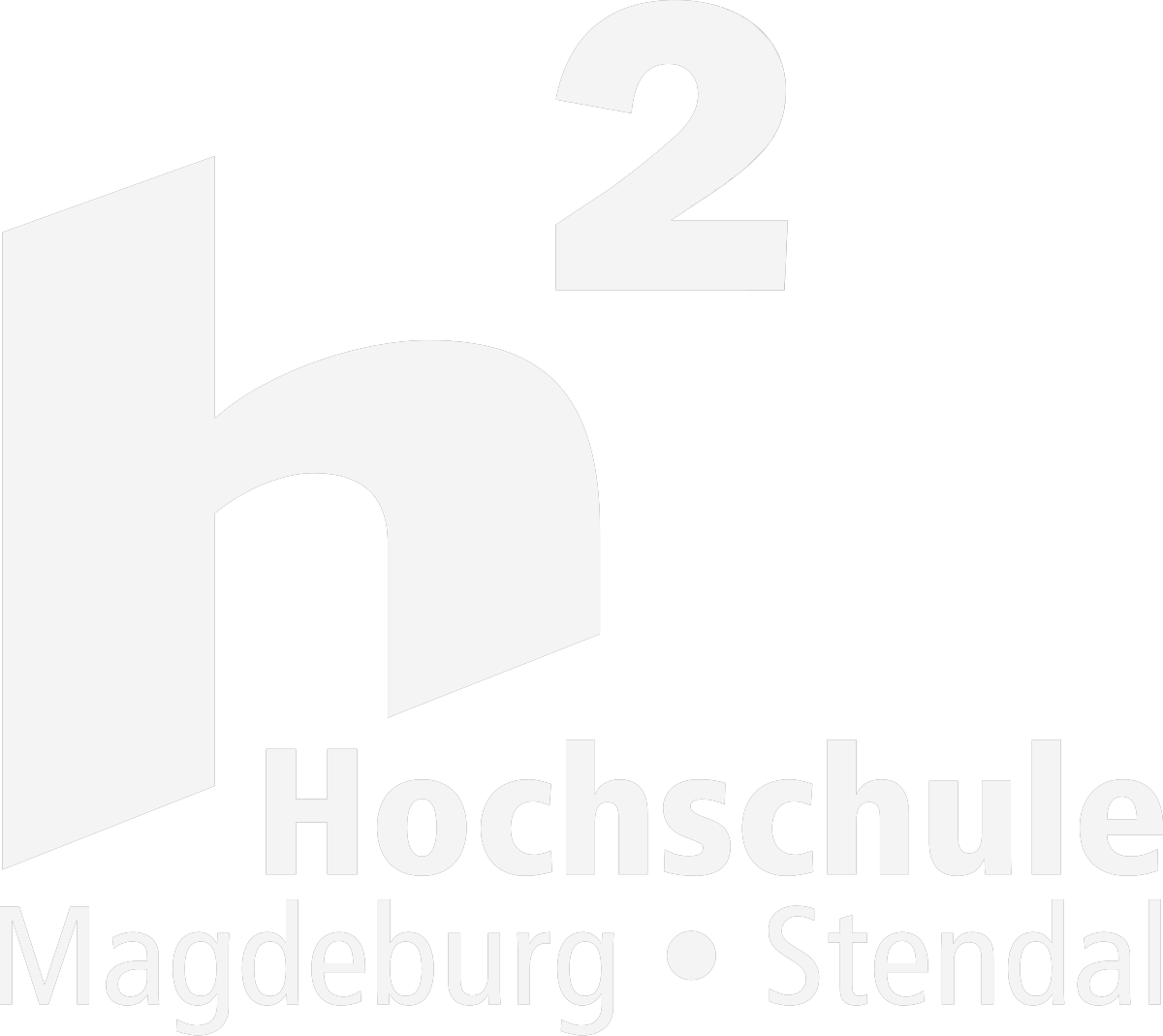Due to the diverse challenges, it is necessary, before developing and introducing new digital systems, to consider the conditions for success of such system introductions in the health and care sector already in vocational training in a multilevel analysis and to let the findings gained from this, in the form of design guidelines, flow into a theory that takes the sociological, cultural and structural perspective into account. The aim of the project “DiMediCa” is to empirically investigate the conditions for the implementation and use of digital applications in educational institutions in the health and care sector in order to promote digital competencies, explicitly including a gender-oriented perspective.
To achieve this goal, the joint project is divided into the following subprojects:
Structural and cultural perspective: Which organizational and cultural strategies support the implementation of digital applications in vocational education in the health and care sector?
For the implementation and use of digital applications, it is necessary to identify the cultural and organizational resistances both in the vocational schools of the health and care sector and in the institutions responsible for the practical part of the training (e.g. teaching hospitals, nursing homes for the elderly, care service providers) in the health and care sector. By means of an state analysis, which is enriched by qualitative problem-centered interviews, the required actual state as well as problems on the structural levels are ascertained. The theses derived from the results lead to strategies to be developed for dealing with the hurdles and obstacles identified, which will be tested. Using a complementary image interpretation based on the documentary method (Bohnsack 2003), we will also examine from a gender-sensitive perspective how vocational schools and the corresponding training organizations exemplify digitization. This is based on published data material (flyers, homepage, publications) from the organizations. In this context, the method of documentary image interpretation promises a broad and rapid gain in knowledge about how digitization is exemplified in the organizations, since this cultural orientation is documented in the material. The goal is a national comparative study with Austria and Russia.
Sociological perspective: What design criteria are required for personalized teaching-learning environments?
For the successful implementation and use of digital applications in vocational training in the health and care sector, an optimal, gender-sensitive design of virtual and real teaching learning locations and technologies is a compelling condition for success. This requires an empirical study on the perception and handling of digital applications from an individual perspective. An empirical investigation will make visible which views, challenges and uncertainties prevail about the use of digital applications in the learning and professional environment in the health and care sector. Through a mixed-methods design of qualitative and quantitative survey instruments, perceived and actual hurdles of students in dealing with digital applications will be made visible. Qualitative problem-centered interviews and observations lead to a generation of hypotheses, which result in a quantitative questionnaire that is used nationwide. The results obtained from the studies serve as a basis for the development of strategies for the use of digital media and ICT in vocational training in the health and care sector.
Promotion of media competence
Subproject C focuses on the question of digitization potential in nursing and the associated demands on trainees from a gender-sensitive perspective. The resulting research questions are: “What media skills do trainees in the health and care sector in Saxony-Anhalt possess?” (C1) and “How are media competencies represented or promoted in the trainees’ teaching and practical experience?” (C2). To investigate the first question (C1), digital competence is measured by means of a quantitative study with the GTCU survey instrument. The survey instrument is supplemented with a questionnaire for mapping gender-specific perceptions. The survey will take place among trainees in the health and care sector in Saxony-Anhalt. The research interest (C2) is the knowledge interest about the integration of innovations regarding the promotion of digital competencies of trainees in the health and care sector. For this purpose, digitization processes in the vocational schools of non-profit providers with access to practice (Caritas, Johanniter) are compared with those of independent providers that do not offer their own nursing or health services outside of training. A randomized selection of the GTCU survey is subjected to a qualitative investigation (Facereader Emotion, Eyetracking) of digital competencies based on applied training software and general digital application products for the department (e.g. digital patient file). The individual software use for training at the vocational schools thus becomes the basis of an intervention study that represents which differences exist in the strategies of digitization at the vocational schools with regard to their success.


